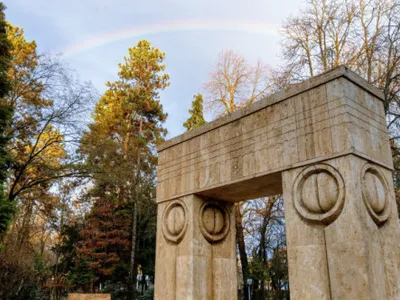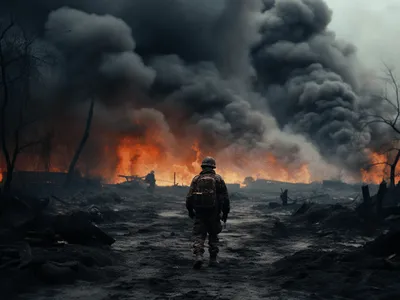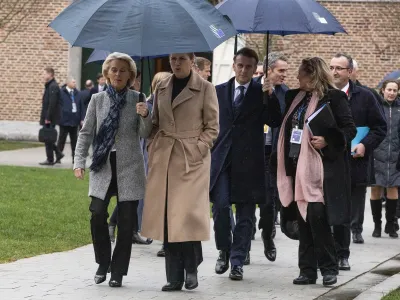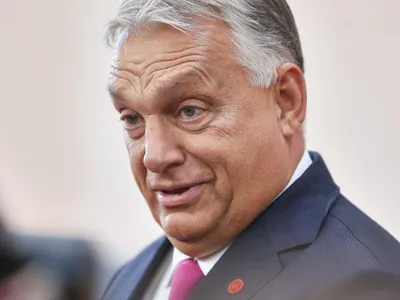COP 17 in Yerevan: a difficult choice for a country struggling with its own environmental challenges
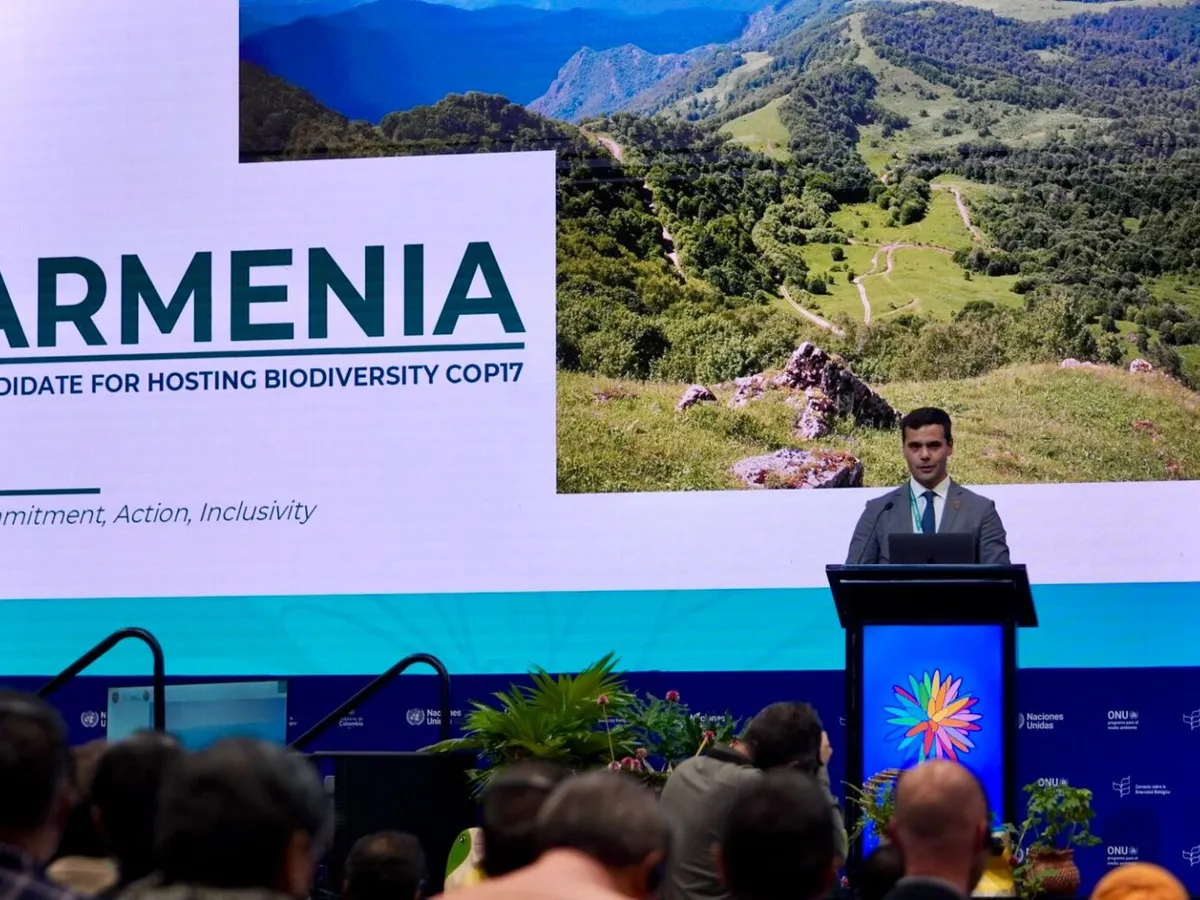
In October 2026, Armenia will host COP 17— the world’s largest international forum dedicated to the conservation of biological diversity.
Thousands of delegates, world leaders, and media attention — this is undoubtedly a valuable opportunity for the country to assert itself as a platform for global dialogue. The situation, however, is not without irony: can Armenia live up to expectations when its own environmental record raises deep concerns? According to estimates by The Revelator project, only 13% of Armenia — a country with extraordinarily rich flora and fauna — is designated as protected land, far below international standards. At the same time, EU4Environment reports that Armenian forests cover only 11,1% of its territory, shrinking rapidly due to illegal logging, mining and firewood collection.
Smog over Yerevan
One of the most obvious challenges facing conference participants — and one that the residents of the Armenian capital have unfortunately become accustomed to — is air pollution. The country's main landfill site, Nubarashen, regularly catches fire, spreading toxic smoke over the capital. World Bank and EBRD projects on waste disposal have been stalled for years, as have initiatives to tighten producer responsibility.
Meanwhile, according to IQAir, in 2024, PM2.5 levels in Yerevan exceeded WHO standards by a factor of five. The newspaper Voice of Armenia noted: ‘We have the dirtiest air in the region... To reduce the harmful effects of construction dust, sanitary rules must be observed... But they are practically ignored. Not to mention the catastrophic state of urban greenery.’
According to the Armenian environmental NGO EcoLur, Yerevan's development plan contains major flaws and lacks solutions for reducing pollution. At the same time, surveys show that most residents of Yerevan report a noticeable deterioration of air quality in recent years. Experts at Yerevan Medical University even warn that the situation with the capital's air could become catastrophic.
By way of comparison, in Egypt, which hosted COP 27, the authorities successfully modernised their air monitoring systems. China, in preparation for COP 15 in Kunming, closed and relocated polluting enterprises. In contrast, instead of solving the problem, the mayor of Yerevan prefers to deny it, dismissing discussions on poor air quality as ‘legends’.
‘Blooming’ Sevan
Lake Sevan — the country's largest body of water, providing strategic drinking water reserves and serving as a source for irrigation and hydropower — is also in crisis. Since 2018, the lake has suffered annual algae blooms, resulting in foul odours and sharply reducing water quality. According to local media and NGOs, the main causes are sewage discharges and uncontrolled waste disposal. There are 27 official landfills and dozens of unauthorised ones in the settlements around the lake. In four lakeside towns, more than 1.3 million cubic meters of waste have accumulated.
As early as 2020, the Minister of Environment acknowledged the ‘merciless exploitation of fish stocks’ that led to the destruction of the Sevan trout. A 2024 World Bank report noted that the lack of integrated waste management by Armenian authorities threatens the sustainability of Lake Sevan.
Gold over ecology?
The Amulsar gold mining project — the country’s second-largest deposit — has become a symbol of the conflict between economy and ecology. Operated by the American company Lydian Armenia, it has faced fierce opposition from environmentalists and local residents, who are doing everything in their power to stop this enterprise from poisoning the groundwater of the resort town of Jermuk and irreversibly destroying Lake Sevan.
In 2020, the confrontation between environmentalists and the Armenian police resulted in clashes and the detention of dozens of activists. And in 2023, the Council of Europe called for the project’s environmental review to be reassessed, stressing that ‘the current plans pose threats to biodiversity and public health.’ Despite this, the government has not abandoned its plans to develop the gold mine, which could be launched as early as the end of this year.
Water resources and energy
The Ararat Valley faces an acute water shortage, partly due to its intensive use by the fishing industry. More than ten years ago, the World Bank warned that ‘excessive use of water resources increases the country's climate vulnerability and threatens food security.’ Since then, the problem has been exacerbated by small hydropower plants: many Armenian rivers have virtually dried up due to the largely uncontrolled construction of mini-HPPs. Meanwhile, UNEP emphasises: ‘Armenia's mountain ecosystems are among the most vulnerable in Eurasia.’
A question of trust
So, in a year's time, the world's leading environmentalists risk finding themselves in a country where rubbish is burning, the air is hazardous to health, the largest lake is covered with a green scum, and a gold mine is destroying biodiversity. This raises an unavoidable question: can Armenia truly serve as a platform for honest conversation about global ecology?
Other host countries used COP as an opportunity to showcase their progress. Egypt focused on climate adaptation, Canada on forest restoration, and the UAE on marine ecosystems. The symbolism of COP 17 in Yerevan may prove ambiguous: a forum dedicated to saving nature will be held in a place where nature itself is in dire need of saving.







